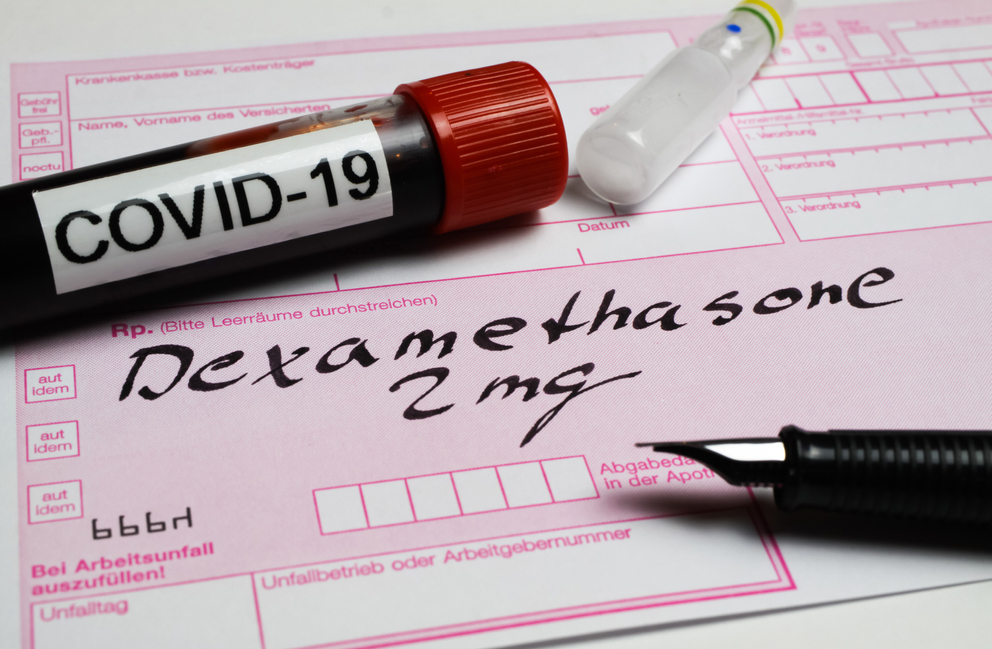Scientists in Britain announced a major breakthrough in the battle against the coronavirus last week, reporting they had found the first drug to reduce deaths among critically ill Covid-19 patients.
The results were first made public in a sparsely detailed news release. Now the full study, neither peer reviewed nor published yet, has been posted online, and it holds a surprise.
The drug — a cheap, widely available steroid called dexamethasone — does seem to help patients in dire straits, the data suggest.
But it also may be risky for patients with milder illness, and the timing of the treatment is critical.
The drug “may harm some patients, and we’re not entirely sure which patients those are”, said Dr Samuel Brown, an assistant professor of pulmonary and critical care medicine at University of Utah School of Medicine in Salt Lake City, who was not involved in the research.
Following the announcement last week, officials at some American hospitals said that they would begin to treat coronavirus patients with dexamethasone, and the WHO called for accelerating production to ensure an adequate supply. UK health officials moved to limit exports of the steroid.
The drug was tested in a clinical trial that included some 6,425 patients in Britain. One-third were randomly assigned to receive the drug, while the others received the usual care. Patients in the first group received a very low dose of the drug, given daily for up to 10 days.
Dexamethasone was beneficial for those who had been sick for more than a week, reducing deaths by one-third among patients on ventilators and by one-fifth among patients receiving supplemental oxygen by other means. Patients given the steroid who were not receiving respiratory support, however, actually died at a slightly higher rate than patients who were not given the drug.
New York Times News Service











